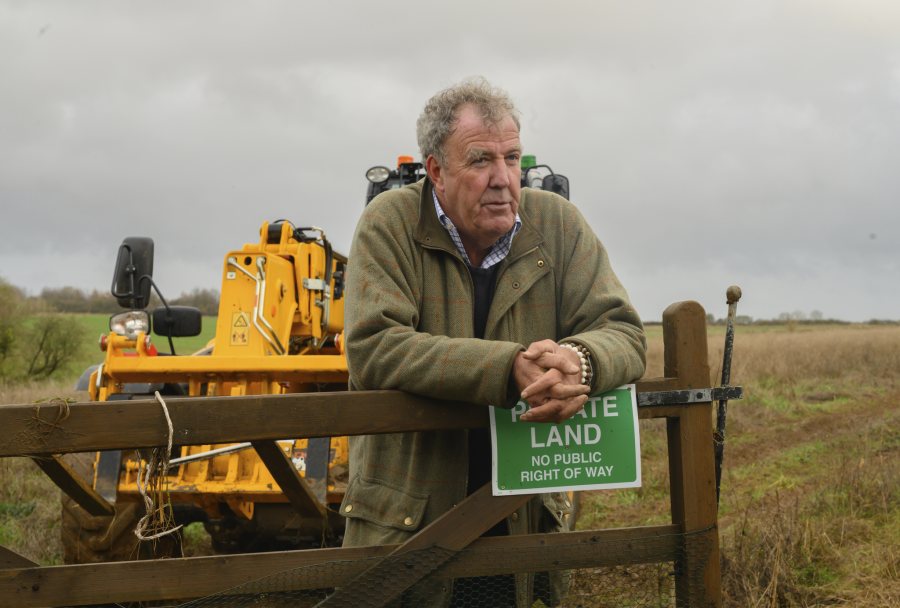
As Clarkson’s Farm hits TV screens for a second time, the challenges of farming have once again been laid bare to a general audience.
In this article, Ellie Savage, senior surveyor at Fisher German, explores what lessons can be learned from the programme and why diversification is becoming a necessity for farmers.
There is a section of the new series of Clarkson’s Farm when the eponymous hero/villain of the programme heads to Birmingham with his amiable sidekick Kaleb to collect a gong at the British Farming Awards.
Now I am sure that it did the event organisers no harm that the duo were there, but actually, it highlighted why the show has gone down so well in so many quarters and looks set for a third series, despite the current furore surrounding Clarkson.
Beneath the light-hearted banter and the clearly contrived rows with villagers and councillors, there is a very serious message - farming and rural enterprise is plain and largely thankless hard work, made so much harder by a raft of outside pressures.
Those involved in the industry have always known that, but Clarkson, his supporting cast and the format of the show have meant that message has reached a whole new audience demographically and generationally.
For me, the most telling scene which underlined those travails most strongly, was when Clarkson convened a gathering of his neighbouring farmers to form a mini co-operative to provide produce for his farm restaurant.
Every single one of them had a tale of genuine hardship to tell, from the pig producer overrun with livestock because abattoirs were full of cheaper imported pork, through to dairy farmer Emma who was reduced to supplying milk locally because much of her herd had been destroyed due to TB.
That level of hardship, the constant battling of red tape – either local, national or international – and the phasing out of government subsidies are causing an enormous strain on the farming community.
Because of this, many farmers have to diversify – it is not a lifestyle choice but an economic necessity. By undertaking Option Appraisal Reports and Strategic Reviews on assets, we have helped many of our clients find new opportunities despite the challenges and pitfalls they face.
Diversification is not limited to farm shops and cafes, though. Projects we have been involved with include the installation of anaerobic digestion plants and hydrogen electrolysers, right the way through to petting zoos.
Projects like these are vital for farms, not just for them to survive, but to be successful.
That said, rules exist for a reason and cannot be ignored or sneered at – as Clarkson is wont to do – but in this post-Brexit era, surely we have to take more care of those who produce our food so that they have sustainable businesses.
Events of the last year or so have vividly brought home how fragile supply lines can be right across the board, and a thriving rural business sector is, it can be argued, more important than ever.
You might not like Clarkson, you may dislike his views, or you might have hated the laddish Top Gear, but with Clarkson’s Farm he has shone a very strong and revealing light on the farming community and everyone needs to take heed.
